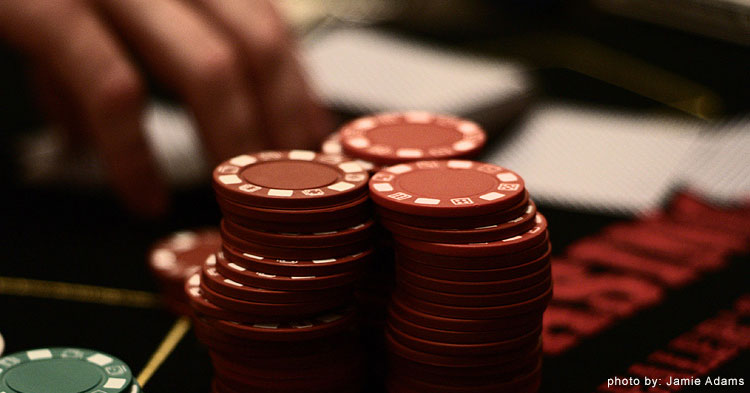Understanding Gambling Addiction and Problem Gambling

by Nirmala Raniga, Founder and Director
“To heal an addiction, you first need to recognize the destructive patterns of conditioned behavior that are dominating your life. When you’re caught in a maze, you may not be able to find your way out if you wander aimlessly around the web. The best way to escape is to find a new perspective outside and above the entrapment you unknowingly created.” – Deepak Chopra
Gambling addiction, also known as compulsive gambling, is a type of impulse-control disorder. Compulsive gamblers can’t control the impulse to gamble nor their thoughts about gambling, even when they know their gambling is hurting themselves or their loved ones. Though compulsive gamblers know the odds are against them and they can’t afford to lose, they simply can’t “stay off the bet”.
Signs and Symptoms of Problem Gambling
Gambling addiction is sometimes referred to as the “hidden illness” because there are no obvious physical signs or symptoms like there are in drug or alcohol addiction. Problem gamblers typically deny or minimize the problem and go to great lengths to hide their gambling. For example, problem gamblers often withdraw from their loved ones, sneak around, and lie about where they’ve been and what they’ve been doing.
Unpleasant feelings such as stress, depression, loneliness, fear, and anxiety can trigger compulsive gambling or worsen the problem. After a stressful day at work, an argument with a spouse or coworker, or as a way to avoid more time spent alone, an evening at the track or the casino can seem like a fun, exciting way to unwind and socialize. Gambling may provide temporary relief from or the avoidance of uncomfortable emotions, however, without the ability to control the behavior, the detrimental effects and financial difficulty resulting in compulsive gambling only serves to create further anxiety, stress and overwhelming emotions.
Relieving Unpleasant and Overwhelming Feelings without Gambling
For many people, an important aspect of quitting gambling is finding alternate ways to handle these difficult feelings without engaging in this compulsive behavior. Even when gambling is no longer a part of one’s life, the painful and unpleasant feelings that may have prompted the individual to gamble in the past will still remain. So, it’s worth spending some time thinking about the different ways to deal with stressful situations and the daily irritations that would normally trigger a gambling binge. Healthier and far less expensive ways to keep unpleasant feelings in check may include exercising, meditating, spending time with friends, taking up new hobbies, or exploring relaxation techniques.
Maintaining recovery from problem gambling or gambling addiction mainly depends on the reasons why a person chooses to gamble in the first place. Root causes that can trigger this behavior can remain long after the gambler has stopped. It is also possible that an individual may not be able to stop gambling until the root causes are addressed. In either situation, engaging a professional therapist may be required to achieve wholeness and contentment.
To assist in the recovery process, there are alternative behaviors that can substitute for compulsive gambling:
| Reason for Gambling | Sample Substitute Behaviors |
|---|---|
| To provide excitement, get a rush of adrenaline | Take up a sport or a challenging hobby, such as mountain biking, rock climbing, or Go-kart racing. |
| To be more social, overcome shyness or isolation | Work with a counsellor, take a public speaking class, join a social group, connect with family and friends, volunteer, or find new friends. |
| Boredom or loneliness | Engage in something you’re passionate about such as art, music, sports, or books and find others with the same interests. |
| To relax after a stressful day | As little as 15 minutes of daily exercise can relieve stress. Other stress relievers are getting a massage, deep breathing, and regular meditation. |
| To solve money problems | The odds are always stacked against you, so it’s far better to seek help with debts from a credit counsellor. |
The goal of Paradise Valley Healing Center is to provide individuals with the tools needed to move beyond unhealthy behaviours to find balance and wellness. Learn more about the programs we offer.
